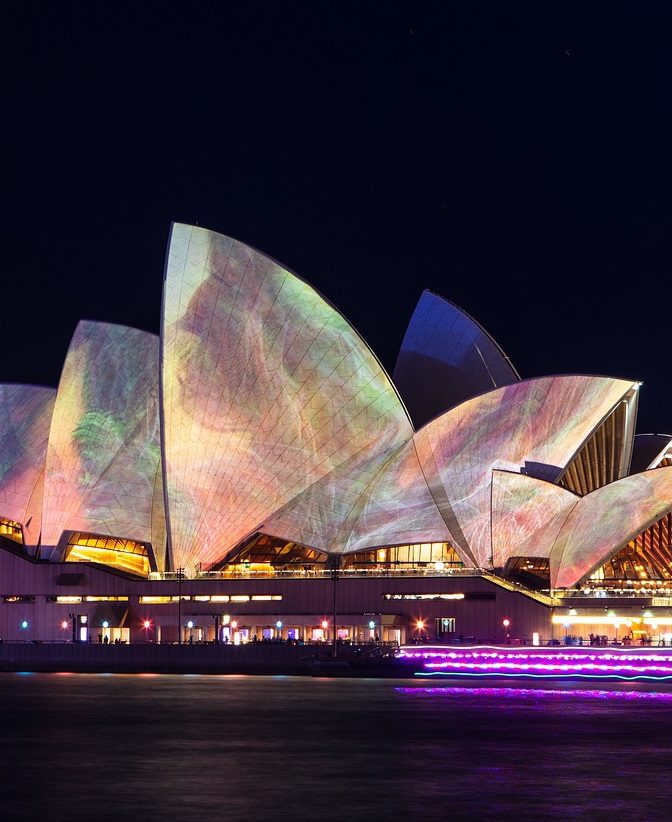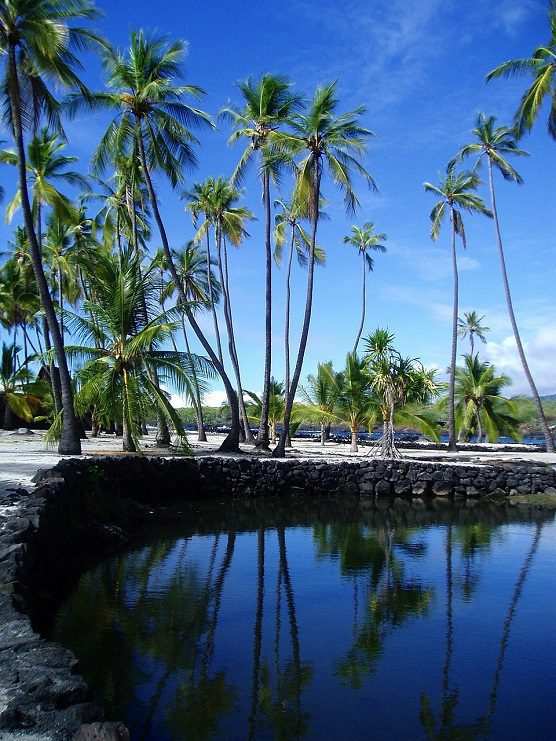In Joe Batt’s Arm, on an island off the Newfoundland coast, you’ll encounter luxury with purpose

To understand Fogo Island Inn you must first understand the island. “[Our place] in the Labrador Current made us cod fishing people, and our centuries-old history as cod fishing people has created a completely singular culture. You can still detect the influences of our Irish and English roots, but Fogo Islanders are quite specifically Fogo Islanders. We have managed in the present to maintain a beautiful relationship with the past that informs how we see our future.”
Fogo Island was built on fishing and for generations the region’s Atlantic cod proved bountiful. But then came the factory freezers and commercial trawlers of the 1960s, which had a devastating effect. Those who had known fishing all their lives could no longer support themselves. They were inshore fishermen, only capable of travelling short distances, and for them the cod simply weren’t there. In response to the inevitable drop in population, the National Film Board of Canada visited Fogo Island as part of their ‘Challenge for Change’ project. They were there to document the island way of life, showcasing what would be lost should it disappear. The 27 resulting films, known as The Fogo Process, encouraged dialogue between the island’s communities, who did not have a history of collaboration In turn, solutions were found, such as the building of larger boats that saw fishermen travel further out to sea in search of new species. However, by 1992 cod fishing, even in deeper waters, was no longer a viable industry and the island once again found itself in decline.
Cobb left Fogo Island after finishing high school and went on to forge a career in the high technology sector, yet every time she returned to the island it felt less and less like home. “So many people had moved away after the collapse of the cod fishery and the moratorium in 1992. The population of my youth was around 6,000 but by the time I retired it had fallen to just over 2,000. When I retired in 2001 I wanted to do something for [my] home and I was fortunate to find myself in a position to do so. With the help of two of my brothers, Tony and Alan, we started Shorefast Foundation to help find a way for Fogo Islanders to hold on to home. And if you could choose anywhere in the world to live, who wouldn’t choose Fogo Island?”
Shorefast Foundation is a charity designed to encourage local enterprise, secure an economic and cultural future for Fogo Island and find meaningful ways to carry the past into the future. And for Cobb its creation was vital. “(Myself; Tony and Alan] are all eighth generation Fogo Islanders and we all have a sense of duty to do our share, in our lives, to make sure that home stays home . There is an inherent and irreplaceable value in small places that we can’t afford to lose” It is Shorefast Foundation that operates Fogo Island Inn, yet no-one could question Cobb’s title as innkeeper. This is her project, and the love she has poured into it, and the island, is astounding.








